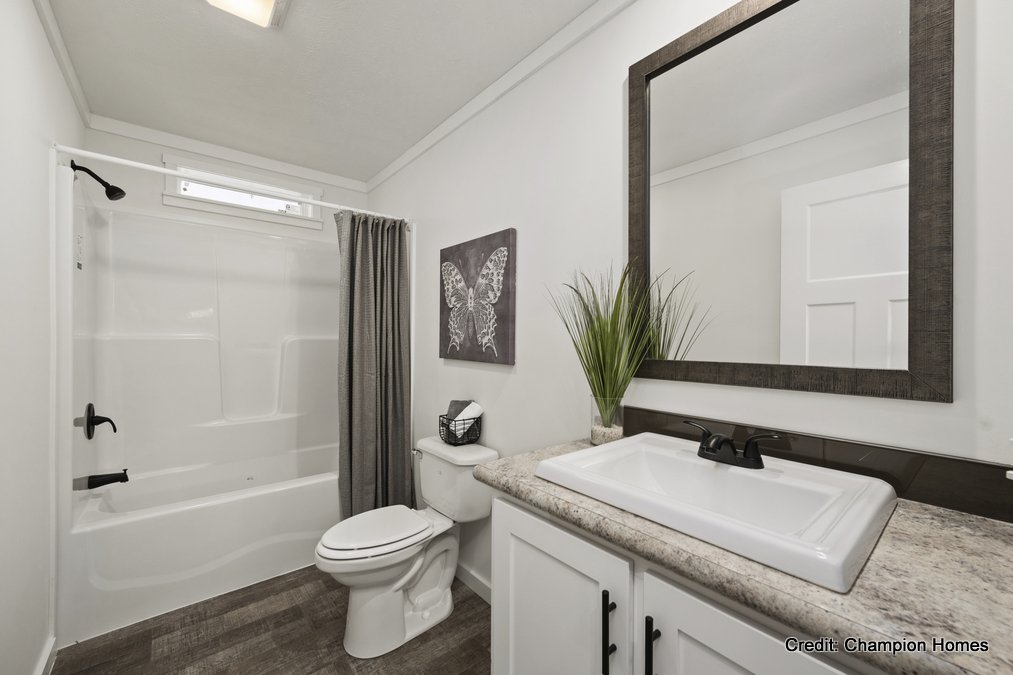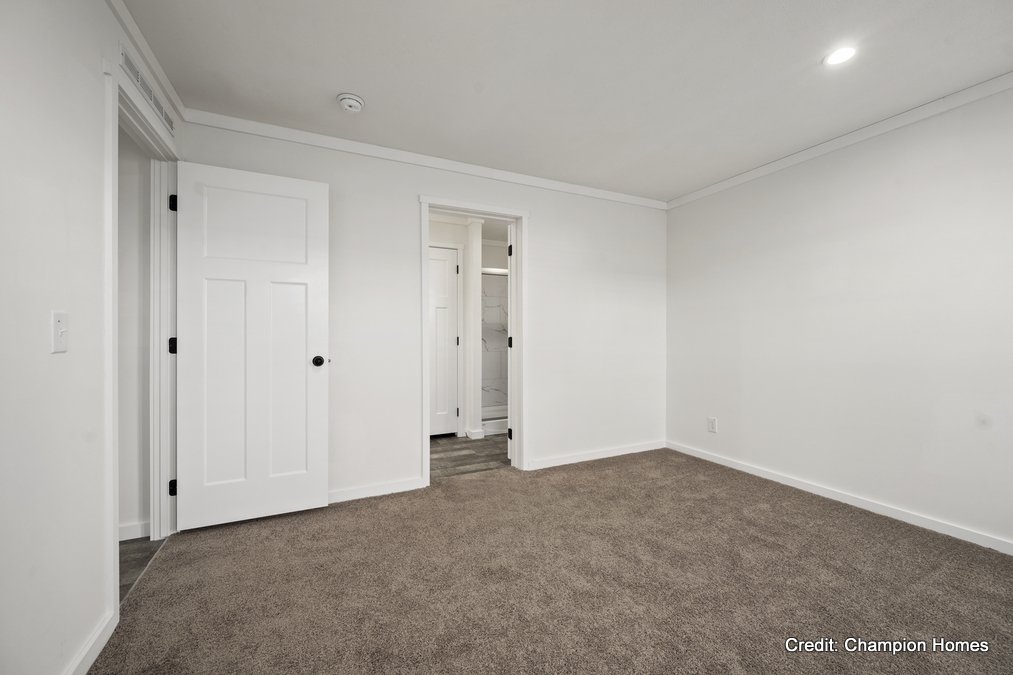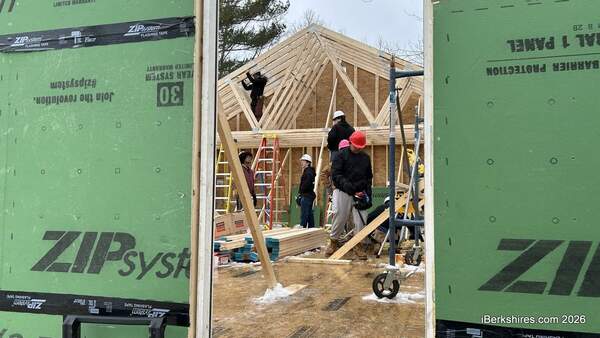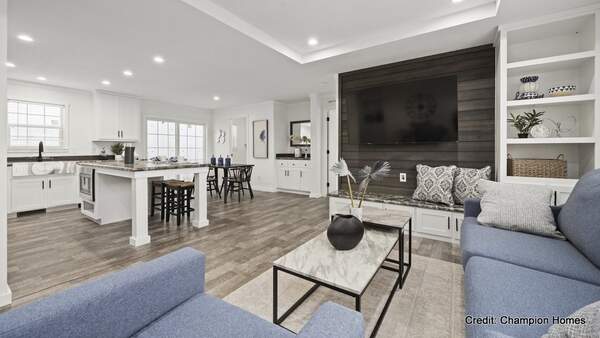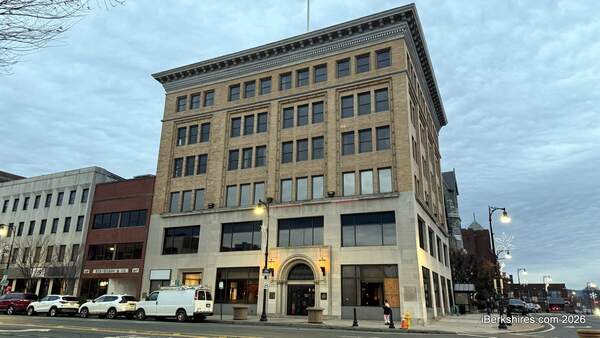Pittsfield Subcommittee Supports Battery Energy Storage Ordinance
PITTSFIELD, Mass. — During its first meeting of the new term, the Ordinances and Rules subcommittee supported city efforts to bring battery energy storage guidelines to Pittsfield.
The Ordinances and Rules subcommittee on Monday approved an amended proposal to add a battery energy storage system overlay [BESS] district. This would allow Pittsfield to embrace greener energy sources while protecting the interests of residents.
"As solar and other forms of renewable energy become more commonplace, developers and communities need to safely store the electricity that they are generating," City Planner Jacinta Williams explained.
"The proposed amendment is an attempt to codify where and how storage systems can be located within the city of Pittsfield."
She added that there is a sense of urgency for the zoning amendment, as there are developers who are "actively and aggressively" seeking ways to place large-scale battery energy storage systems on parcels in the city. There is a party with a preliminary subdivision plan coming through the Community Development Board, she said, and this leads the way to a definitive subdivision plan.
The goal is to provide regulatory procedures for BESS and BESS facilities, outline the application process for site plan approval and special permit applications, specify which districts are comparable with the use, discuss site requirements for each district where it is permitted, and require that interested departments respond with comments and concerns within 14 days of the application.
The proposal includes guidelines for residential-scale, small-scale, and commercial/industrial-scale BESS that fall within the boundaries of the overlay district. In the proposed ordinance, the infrastructure is not allowed in various places such as flood hazard zones, parks and open spaces, historical or indigenous land, and conservation areas.
"Overlay districts, they basically fill a gap where traditional zoning does not address a specific or a complicated local condition. It's an additional district that's laid over two or more zoning districts so we're not eliminating anything, we're just sort of putting a blanket over some of the districts and saying this is where you can put your large-scale battery energy storage systems," Williams said.
"And why would we need one? It's just to help us streamline the implementation of the additional regulations without having to go through and piecemeal and amend the codes for each district and it just helps us maintain some consistency throughout."
The city is looking at an overlay district that starts with the industrial district and goes out a tenth of a mile from the boundary to give developers a buffer.
Williams reported that a resident contacted her asking if a school in a residential district would be prohibited from using BESS and it got her thinking about how schools may need more energy storage than a residential-scale system could provide.
"Technically no, they would be relegated to using the residential scale but it's a school so it might need a little bit more," she explained.
"So I would like to propose that we add schools to the small-scale category. They would still need to come forward to the Community Development Board for a special permit but this would at least give them a little bit more capacity to meet their needs."
This was approved as an amendment to the motion.
Ward 7 Councilor Rhonda Serre had some concerns with the design guidelines and would like to see more public input, explaining that the Berkshire Environmental Action Team recommended language that other municipalities have used.
There will be a public hearing on the proposal at the next City Council meeting where she hopes some more conversation will occur.
"We don't have to pass it exactly as it," Williams explained. "We can amend things but if we can move it forward with these changes I think that would be helpful."
Williams brought this proposal forward last year. In July, the Community Development Board voted to become the petitioner for the zoning amendment, and in November, it recommended the proposed document.
Tags: alternative energy,


